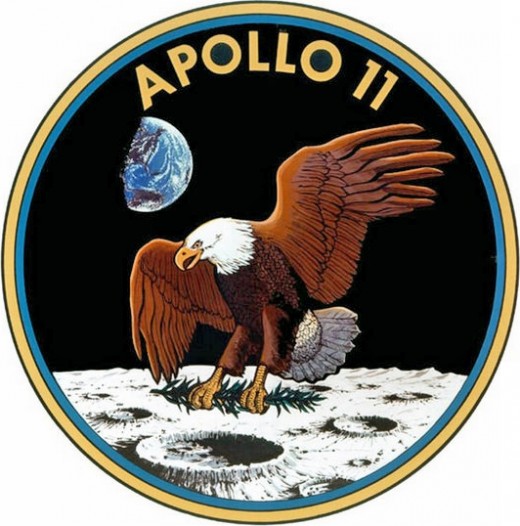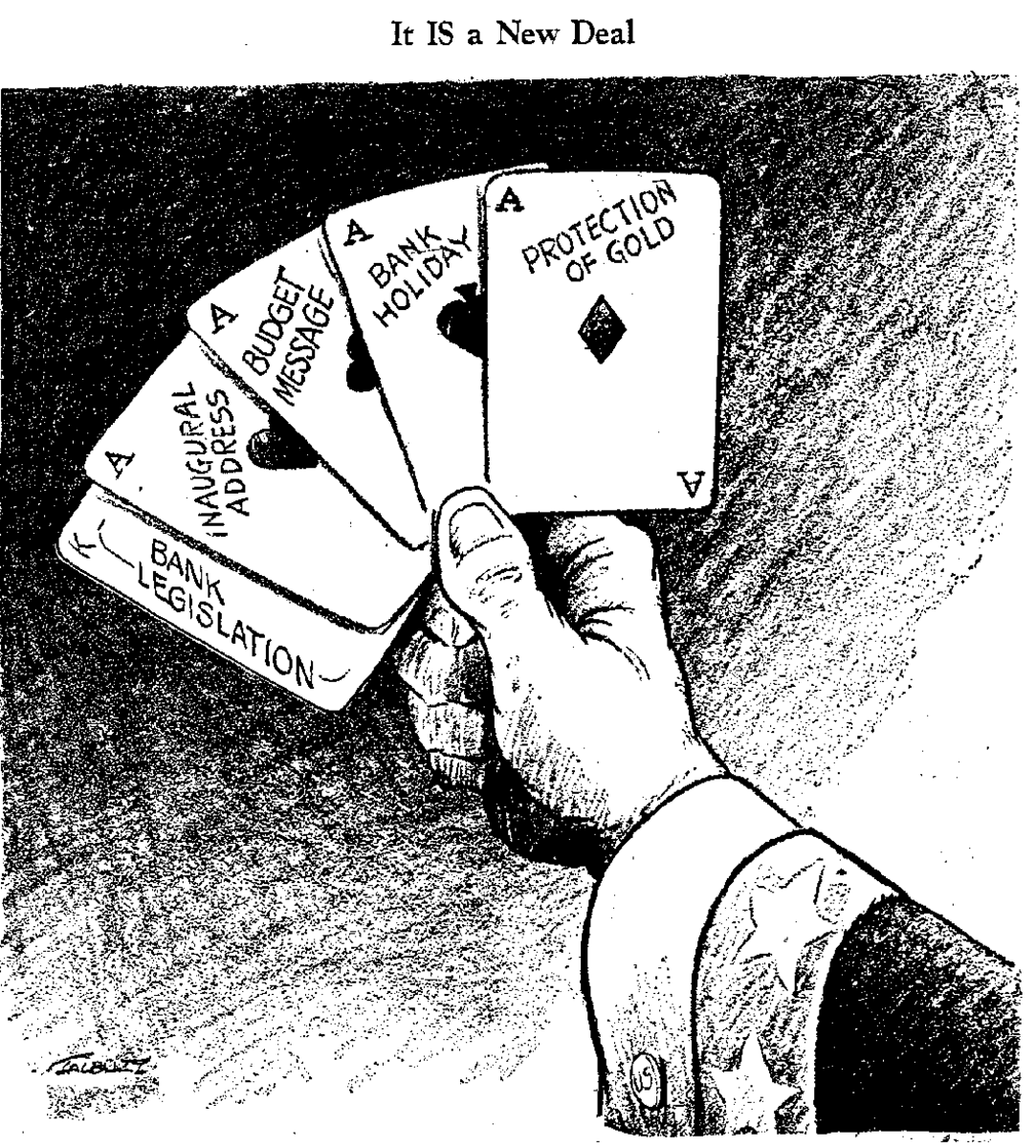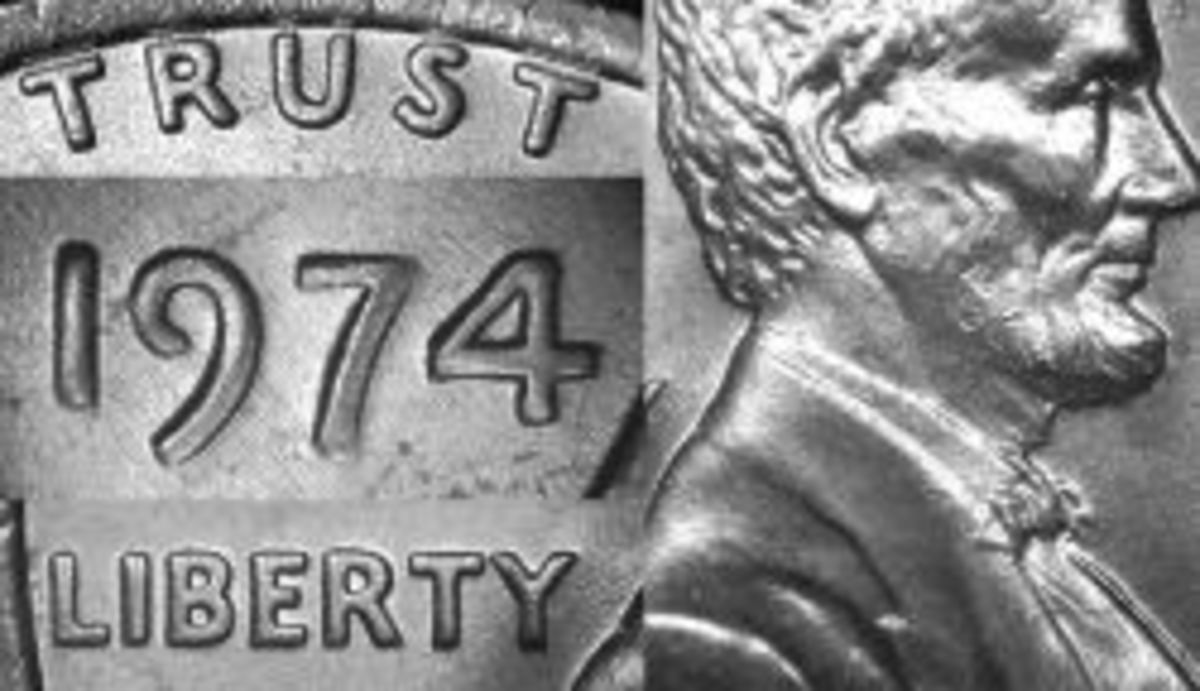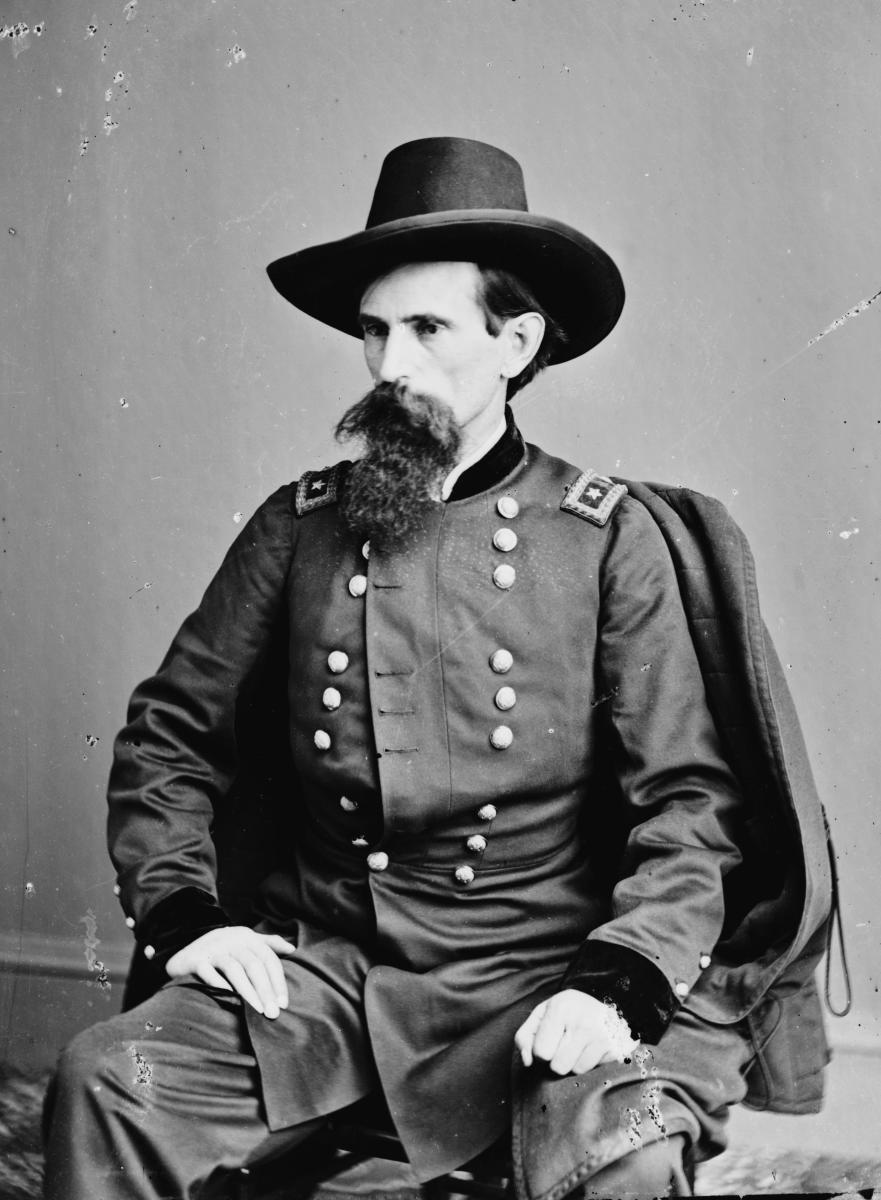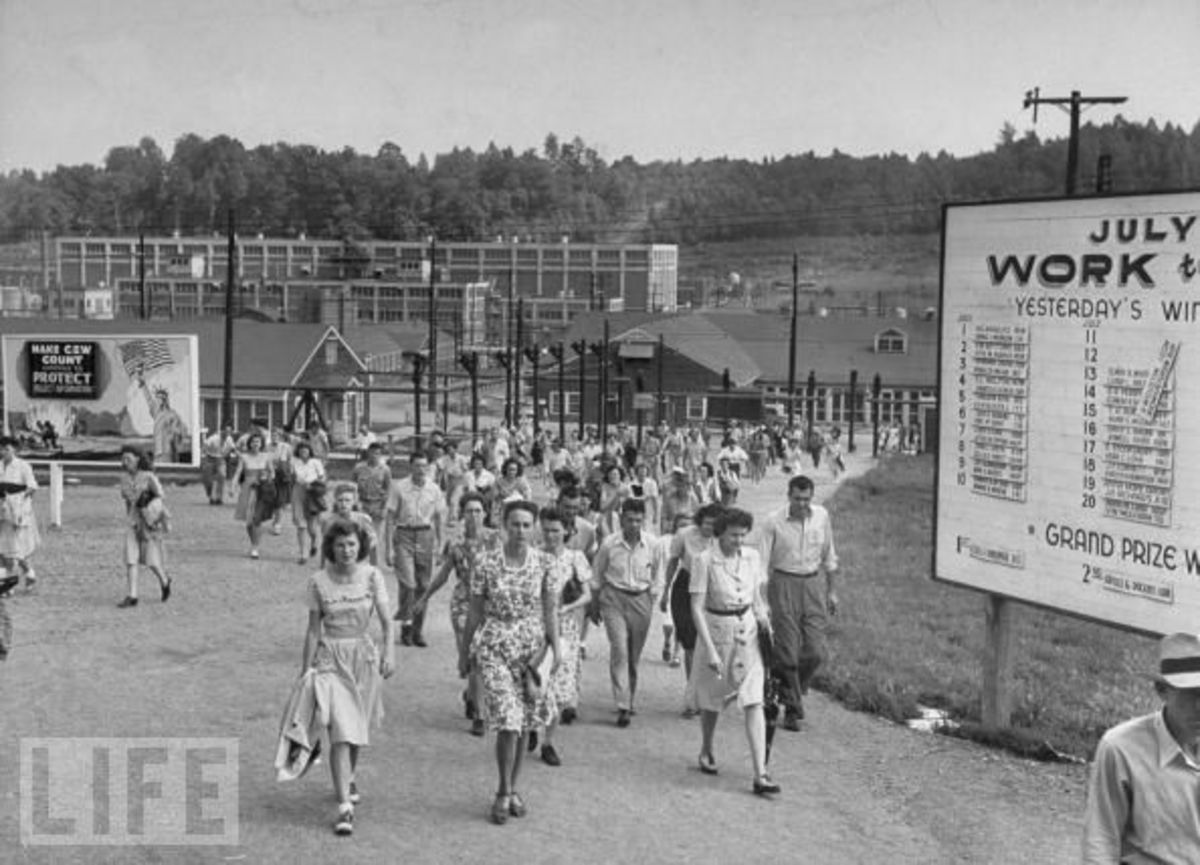- HubPages»
- Education and Science»
- History & Archaeology»
- History of the Americas
U.S. History - The Nixon Years From 1969 to 1974
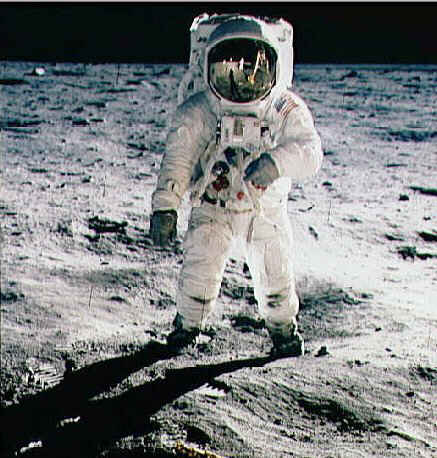
A Richard M. Nixon Time Line
1969
July 20, 1969: The Apollo 11 Mission permitted two US astronauts, Neil Armstrong and Buzz Aldrin, to walk on the moon in a global first. The 1950s-1960s Space Race had been won against the Soviet Union. NASA later misplaced the video recording of these first steps on the Moon but recovered it. This lunar event was likely the highlight of the Nixon Administration.
Interestingly, Paramount's Star Trek® aired its last episode in the spring of 1969. However, supporting actress Nichelle Nichols and others from the series advocated for the recruitment of women and other minorities into the NASA astronaut program successfully.
Ms. Nichols is personally responsible for career decisions of several astronauts, engineers, doctors and other professionals from the minorities as well as from whites. In 2013, actors from ST:TNG and ST:Voyager joined the program for recruitment efforts.
1970
- Top 10 Songs on the Billboard Charts for 1970
- Nixon informed the public of sending US Armed Forces inoto Cambodia. This created negative results and increased war protests in the USA.
- Ohio National Guardsmen went to Kent State University during unarmed student war protests and killed four college students. Memorials were paced at the sites of the shooting.
- Nixon proposed the Environmental Protection Agency (EPA)
1971
-
The Supreme Court authorized school busing for desegregation
-
Nixon began trade agreements with Communist or Red China. The Ohio State Fair began a yearly Chinese cultural and commercial exhibit.
-
Women were officially permitted to play five-player, full-court basketball.
-
July 5: Nixon certified the 26th Constituional Amendment, and the voting age went from twenty-one to eighteen years.
-
August 15: Nixon issued price and wage controls, while he also removed the USD from the gold standard for the first time in US history.
1972
-
The Equal Rights Amendment was sent for ratification to the US States and finally died in 1982.
-
Nixon agreed to the Strategic Arms Limitation Treaty (SALT I) with the USSR.
-
June 17: Five burglars arrested at the Watergate Hotel in DC, during a break-in to Democratic National Party HQ
-
June 23: Title IX of the Education Amendments succeeded in banning sex discrimination in schools for education, sports, and other activities.
-
Nixon began selling US wheat and corn surpluses to the USSR. About this time, a major US soft drink company created an alternative to milk that was sold only in the Soviet Union.
-
August 12: The United States withdrew from Vietnam
1973
-
January 22: Roe v. Wade Supreme Court case stopped all US States from outlawing abortion.
-
Autumn: Arab nations embargoed all oil shipments to the US to force the country to stop supporting for Israel, unsuccessfully. Nixon maintained that the USA must continue to support Israel.
1974
-
Winter: Nixon refused to turn over the Watergate Hotel spy tapes and the House of Representatives began impeachment proceedings in early May.
-
Patricia Hearst, daughter of newspaper tycoon Randolph Hearst, kidnapped by Symbionese Liberation Army (SLA)
-
The Equal Credit Opportunity Act passed, preventing discrimination in consumer credit practices because sex, race, marital status, religion, national origin, age, or receipt of public assistance.
-
June 3: The Supreme Court ruled in favor of equal pay for women for equal work
-
July: The Supreme Court ordered the president to surrender the Watergate Hotel tapes and documents to the special prosecutor, and Nixon resigned as President on August 9, 1974.
Apollo 11 - Heroes of the Nixon Years
Click thumbnail to view full-size

Apollo 11 Landing on YouTube
Denunciation of the WWII Japanese Internment Camps
Beginning with Richard M. Nixon, he and all subsequent US Presidents denounced the use of internment camps for Japanese people and Japanese-Americans during World War II.
In fact, the next President, Gerald Ford, revoked Franklin Delano Roosevelt's order to imprison Japanese and Japanese-Americans living in the US at the time of the war. Following Ford's term, President Jimmy Carter signed a bill into law that established a committee; that committee found the FDR internment order to be unjustified by any military evaluation of the war.
The next president, Ronald Reagan, decried internment as morally wrong and issued orders for reparations to the survivors of the first interns in these camps. These included common individuals as well as the actors Pat Morita and George Takei.
After Reagan, President George H. W. Bush pointed out that the internment created a series of serious injustices and issued orders for apology and pay, while President Bill Clinton followed suit.
President George W. Bush also agreed that reparations were required and The House of Representatives passed legislation to that effect, finally, in 2007, over 50 years after the war.
Wartime Exploitation
During World War II and the Korean War, the use of sex slaves by the Japanese armed forces against the enemy was profligate, but unknown to the world until as late as 1991.
An estimated 200,000 teens and young adult women from across the Asian nations were captured and made into "comfort women" to serve Japanese military men. In addition, some were forcibly infected with STDs and sent into US and South Korean military camps to spread disease and death throughout the enemy. Richard Nixon and subsequent US Presidents dug this information out into the open through the decades following WWII.
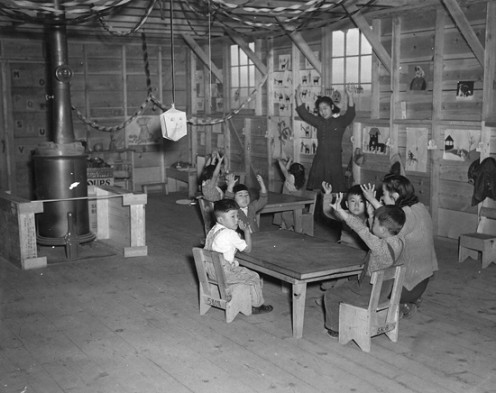
1969: The Silent Majority
Sources
- Children of the Camps. A PBS website and documentary.
- Japanese-American Internment Camps. Online exhibits, information and actual photos.
- Khrushchev-Nixon debate, 1959. Highly interesting and entertaining transcript -- The Soviet and US representatives discussed competing technologies. Nicknamed "The Kitchen Debate" for its discussions of gadgets.
- The Vietnam War. This is a comprehensive online museum.
- US Environmental Protection Agency
This content is accurate and true to the best of the author’s knowledge and is not meant to substitute for formal and individualized advice from a qualified professional.
© 2008 Patty Inglish MS MPH


